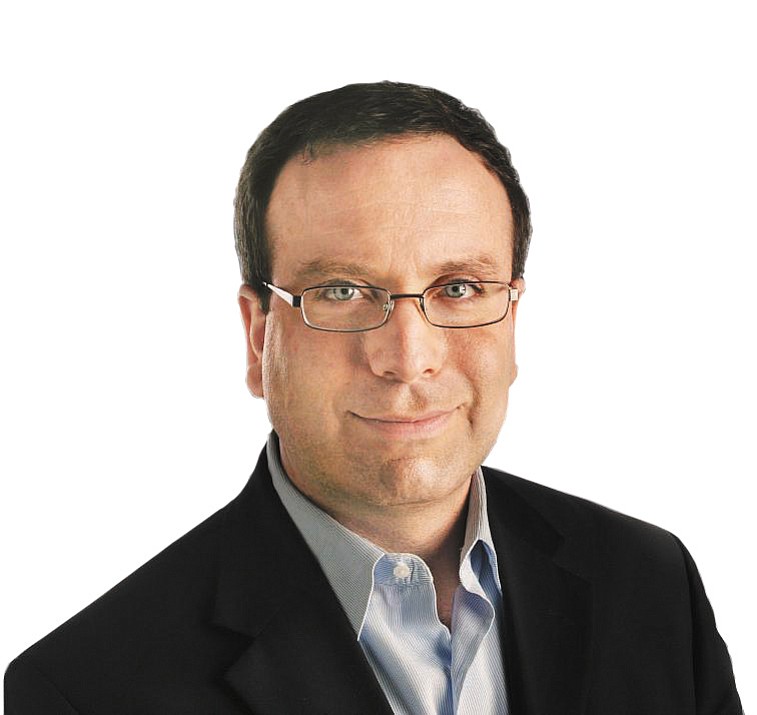Since the 1988 presidential campaign, when George H.W. Bush and Lee Atwater turned “Massachusetts liberal” into an epithet, the label has been tainted — so much so that many liberals abandoned it for “progressive.”
But new polling shows a significant increase in the number of Americans who describe themselves as liberal and the number of Americans taking liberal positions on issues.
Gallup has found that the percentage of Americans calling themselves social liberals has equaled the percentage of social conservatives for the first time since pollsters began asking the question in 1999 (when 39 percent identified as conservative and 21 percent as liberal).Democrats are more likely to call themselves liberal and Republicans are less likely to embrace the “conservative” description, opting instead for moderate.
Likewise, Republican pollster Bill McInturff, who conducts the NBC News/Wall Street Journal poll with Democrat Fred Yang, has identified a sudden and unexpected shift in ideology among registered voters.
In several polls over the past year, he has seen the proportion of registered voters identifying overall as conservative drop to 33 percent from 37 percent and the percentage identifying as liberal increase to 26 percent from 23 percent.
McInturff said the trend was first seen in surveys in 2014, and in 2015 the shift has been “detectable above a margin of error” on four straight surveys. Since 2010, the number of Democrats identifying as liberal has increased seven points and the number of Republicans identifying as conservatives has decreased six points.
Not a dirty word
It used to be assumed that “the public doesn’t like the word liberal,” said Frank Newport, who runs the Gallup surveys. “But that’s changing now. The public certainly finds it more acceptable, when we ask them to put a label on themselves, to use the word liberal than in the past. It would seem that the word liberal is back in vogue.”
And it’s not just a matter of nomenclature. Other Gallup polling finds that Americans are moving in a more liberal direction on many social issues. The movement is most striking on same-sex marriage, but it has also occurred on issues such as out-of-wedlock birth, divorce, stem-cell research, suicide, abortion and even polygamy. Two social issues on which Americans didn’t show a more permissive attitude in 2015 than in 2001 were the death penalty and animal testing — but there, too, they’ve embraced a more liberal view.
Why? There are at least three theories.
One is that more people are identifying as liberal because of huge and rapid shifts on a couple of social issues, particularly gay marriage. This would explain why there hasn’t been a comparable shift to liberalism on economic issues, despite a perception of rising populism.
McInturff, while not yet identifying causative links, said he’s observed a more liberal direction taken by Latinos on immigration and by educated younger women on gay marriage: “It’s possible, given the groups that have shifted the most, that those issues are in play in terms of what they believe the definition is of what it is to be a liberal or a conservative.”
A second possibility is that the nation’s moral pendulum has always been swinging through history, and modern opinion polling is simply capturing the latest swing toward the libertine.
This would also explain why confidence in religious institutions has been on the wane.
A third theory, which I find compelling, is that the rise in liberalism is a backlash against the over-the-top conservatism displayed by the Tea Party movement.
The Pew Research Center and others have documented a dramatic increase in ideological polarization within political parties over two decades.
The Republican Party has long been dominated by conservatives, and the recent rise in liberalism among Democrats may be a mirror image of that.




